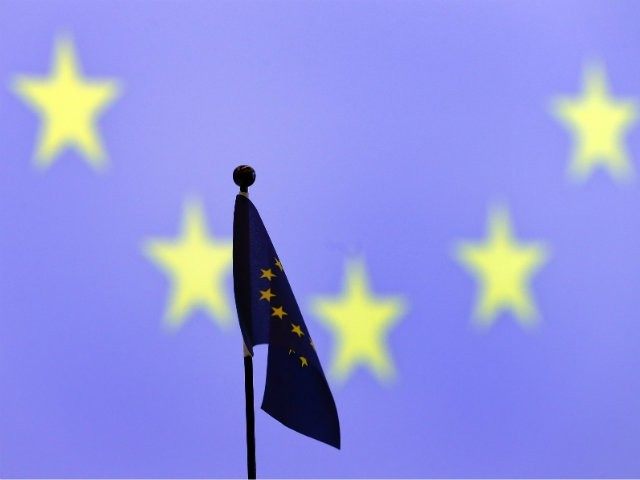The Council of Europe’s latest analysis of democracy, human rights and the rule of law reveals many European governments failing to safeguard against corrupt judiciaries while also suppressing dissent in the media.
The report, “State of Democracy, Human Rights and the Rule of Law in Europe – A shared responsibility for democratic security in Europe”, warns that undermining these pillars of democratic security is a “recipe for upheaval” reminding its 47 member governments that “societies which empower citizens, safeguard freedoms and keep proper checks on power are much more likely to enjoy lasting peace.”
In his foreword to the report, the secretary general of the Council of Europe, Thorbjørn Jagland, notes “widespread weaknesses” in the judiciaries of over a third of member states. Citing “poor safeguards against corruption” and weak levels of public trust, he identifies properly honest and independent judiciaries as “the bedrock of any healthy democracy” without which “executives cannot be restrained, faith in state authorities plummets, tension ensues and stability cannot be guaranteed.”
The secretary general also highlights “worsening conditions for free media,” stating that “in more and more places we see the media struggling to hold power to account.” He blames the deteriorating safety of journalists and “disproportionate tactics employed to suppress dissent.” Even in those countries where the media appears more free, he says “over concentration of ownership and arrangements which give incumbent politicians an unfair advantage are serious issues to contend with.”
In a rebuke to those British celebrities and politicians, supported by groups such as Hacked Off , who campaign for state regulated journalism, the report finds that “self-regulation is important for preserving editorial independence, minimising state interference, promoting qualitative journalism and media accountability.” It calls for journalists to be allowed to develop their own professional codes of ethics and self-regulatory bodies, the decisions of which should be implemented and given legal recognition in courts.
While the body of the report does not name the member states it regards as most troublesome, some are identified in footnotes. Concern is noted over countries which can be expected to be singled out such as Azerbaijan, Russia, Turkey and Ukraine, but European Union member states including Greece, Hungary and the United Kingdom do not escape the report’s attention.
In what some may see as a note of admonition aimed at the Conservative Party and UKIP during the British general election, the secretary general’s foreword calls on “mainstream political parties who publicly denounce international human rights protections for their own partisan gain” to stop.

COMMENTS
Please let us know if you're having issues with commenting.